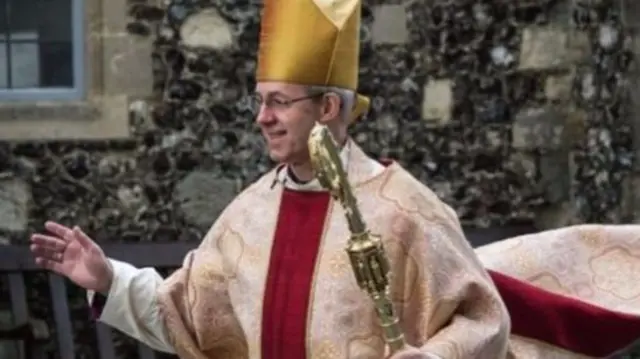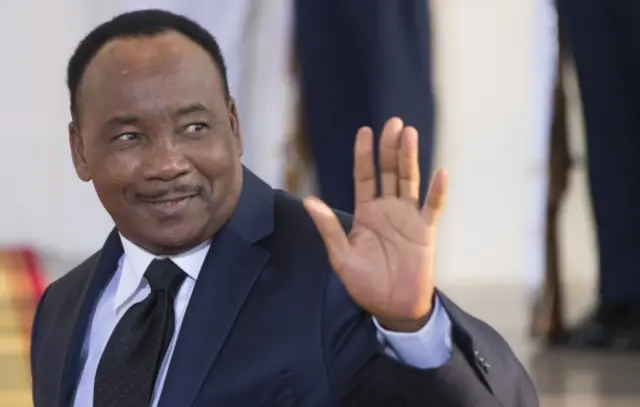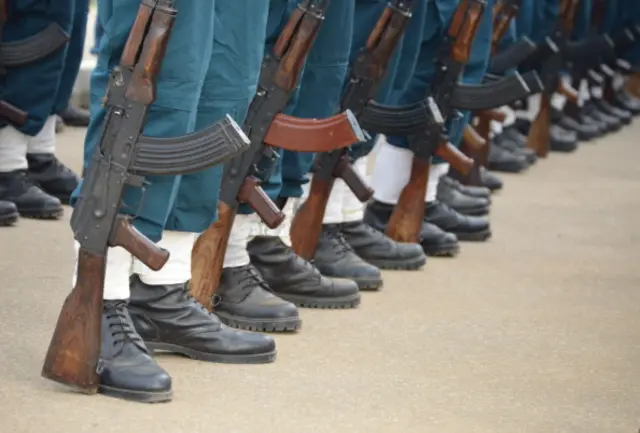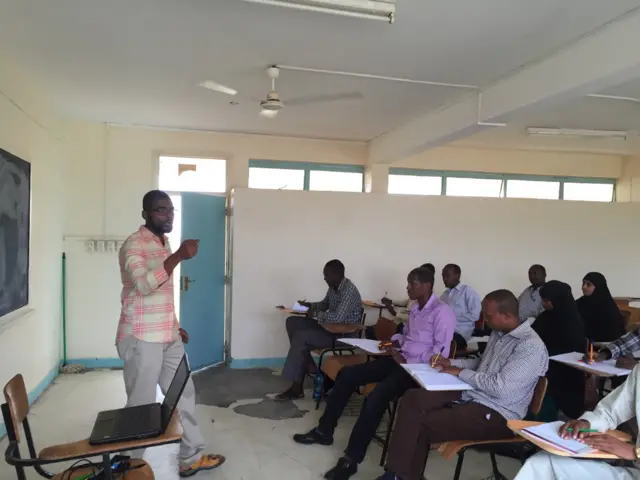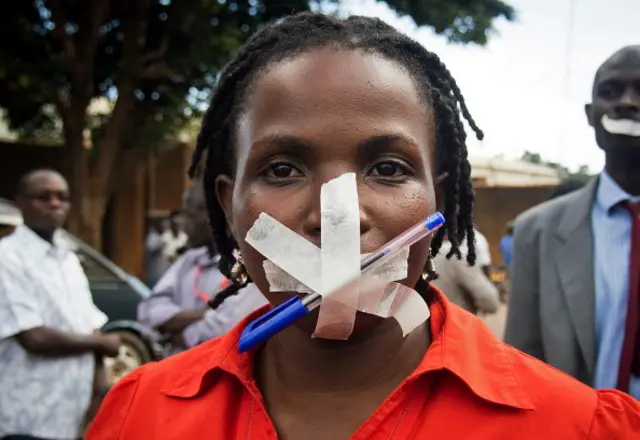Ex-Ugandan spying 'missing'published at 10:43
Catherine Byaruhanga
BBC Africa Uganda correspondent
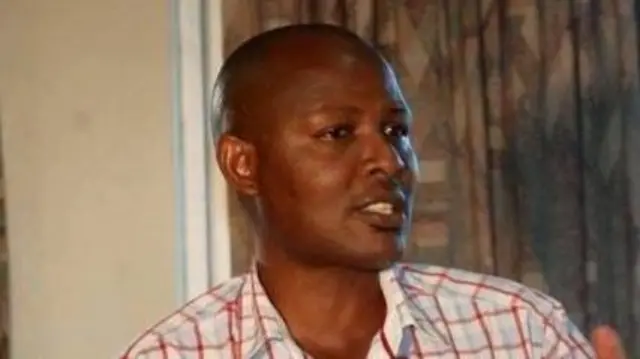 Image source, Charles Rwomushana
Image source, Charles RwomushanaMr Rwomushana was arrested over a Facebook post
Human rights activists and friends of former Ugandan spy Charles Rwomushana say they cannot trace him since his arrest by police on Friday.
Activist Andrew Karamagi told me he went to the headquarters of the Special Investigations Division (SID) in the capital, Kampala, on Saturday, but was told that Mr Rwomushana was not being held there.
This was despite the fact that Mr Rwomushana was initially taken to the SID headquarters, he added.
A spokesman for Uganda's Internal Affairs Ministry told me that Mr Rwomushana was in police custody, and denied claims that he had been denied access to his lawyers.
She did not say where he is being held.
Mr Rwomushana was arrested after publishing a picture on Facebook, which he alleged showed the dead body of Christopher Aine, the security chief of opposition presidential candidate Amama Mbabazi.
Mr Mbabazi's team accuse the police of kidnapping Mr Aine last month.
The authorities deny this and say he is on the run, wanted for leading an attack on President Yoweri Museveni's supporters.
Police chief Kale Kayihura has issued a $5,800 (£4,000) reward for information leading to Mr Aine's arrest.
